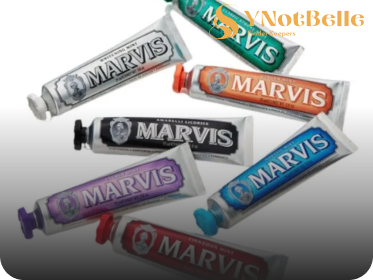Maintaining good oral hygiene is crucial for overall health, and brushing your teeth is the cornerstone of this routine. However, it's not just about brushing twice a day—how you brush matters too. Here are five essential tips to ensure you're getting the most out of your brushing routine.
1. Use the Right Toothbrush
Choosing the right toothbrush is the first step towards effective brushing. Opt for a toothbrush with soft bristles, as hard bristles can damage your gums and enamel. The size of the toothbrush head should be small enough to reach all areas of your mouth, including the back teeth. Whether you prefer a manual or electric toothbrush, make sure it suits your oral health needs.
2. Brush for the Recommended Time
Dentists recommend brushing your teeth for at least two minutes, twice a day. To ensure you’re brushing long enough, consider using a timer or a toothbrush with a built-in timer. This helps to remove more plaque and food particles from your teeth, reducing the risk of cavities and gum disease.
3. Use the Correct Brushing Technique
Proper brushing technique is essential to clean your teeth effectively. Hold your toothbrush at a 45-degree angle to your gums and use short, gentle strokes. Focus on cleaning each section of your mouth—outer surfaces, inner surfaces, and chewing surfaces. Don’t forget to brush your tongue to remove bacteria and freshen your breath.
4. Choose the Right Toothpaste
Not all toothpastes are created equal. Look for toothpaste that contains fluoride, which helps strengthen tooth enamel and prevent decay. If you have specific dental concerns, such as sensitivity or gum issues, choose a toothpaste formulated to address these needs. Always check for the ADA (American Dental Association) seal of approval to ensure the toothpaste is safe and effective.
5. Don’t Forget to Replace Your Toothbrush
Over time, toothbrush bristles wear out and become less effective at cleaning. Replace your toothbrush every three to four months, or sooner if the bristles are frayed. A worn-out toothbrush can harbor bacteria and may do more harm than good. If you’ve been sick, it’s a good idea to replace your toothbrush to avoid reintroducing bacteria into your mouth.

